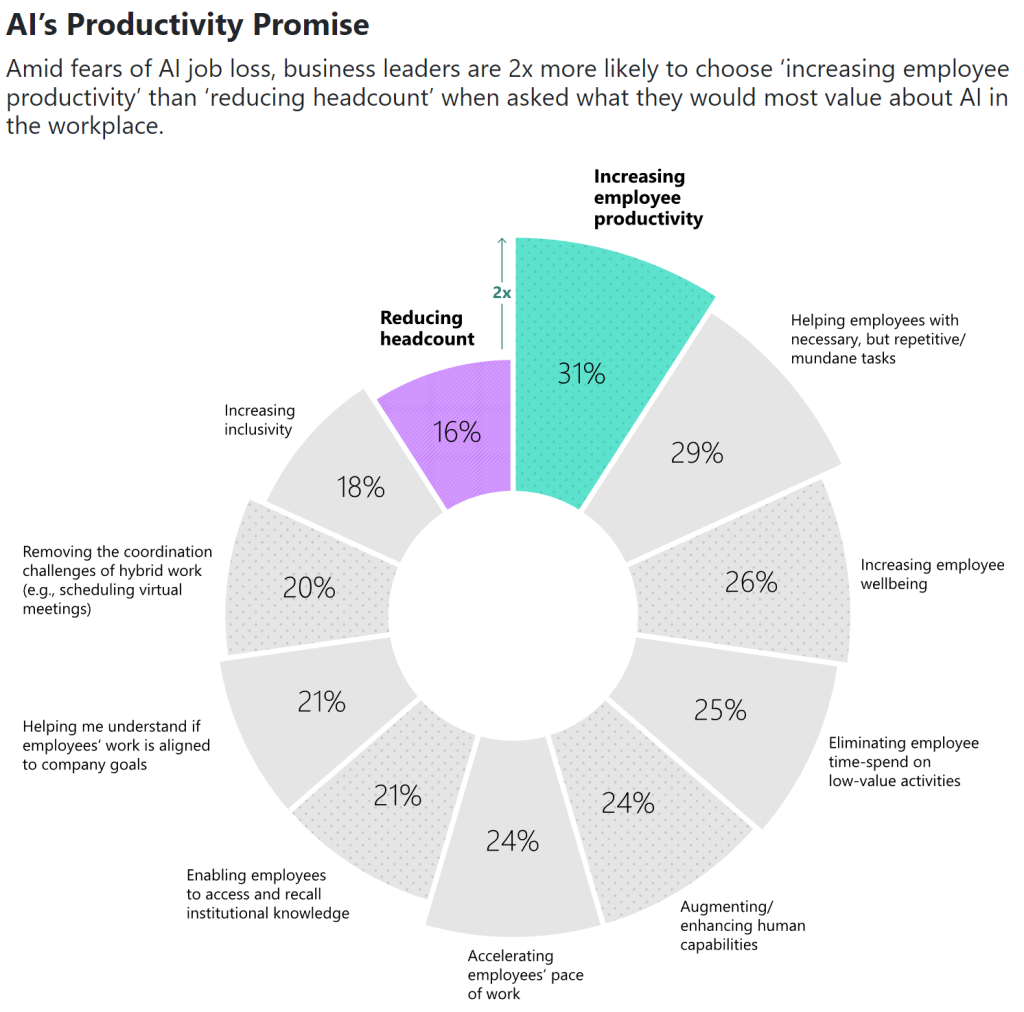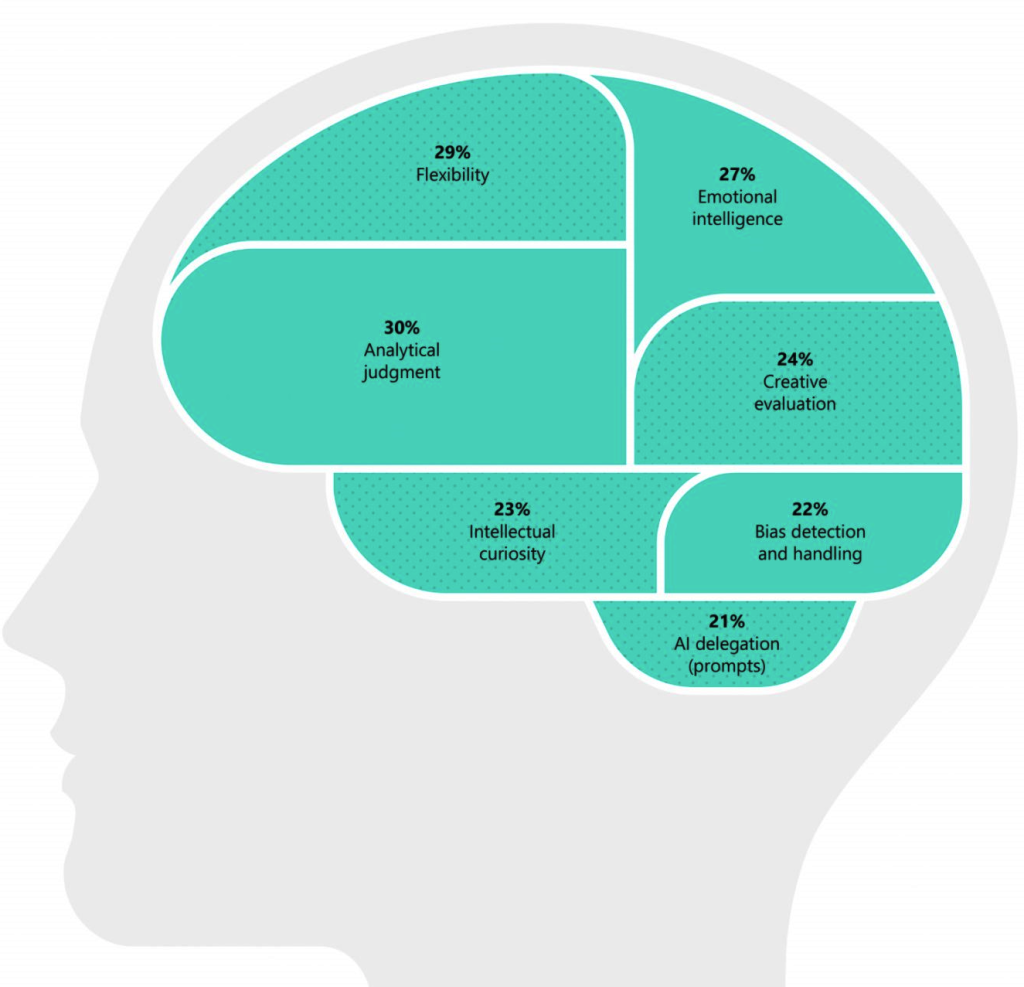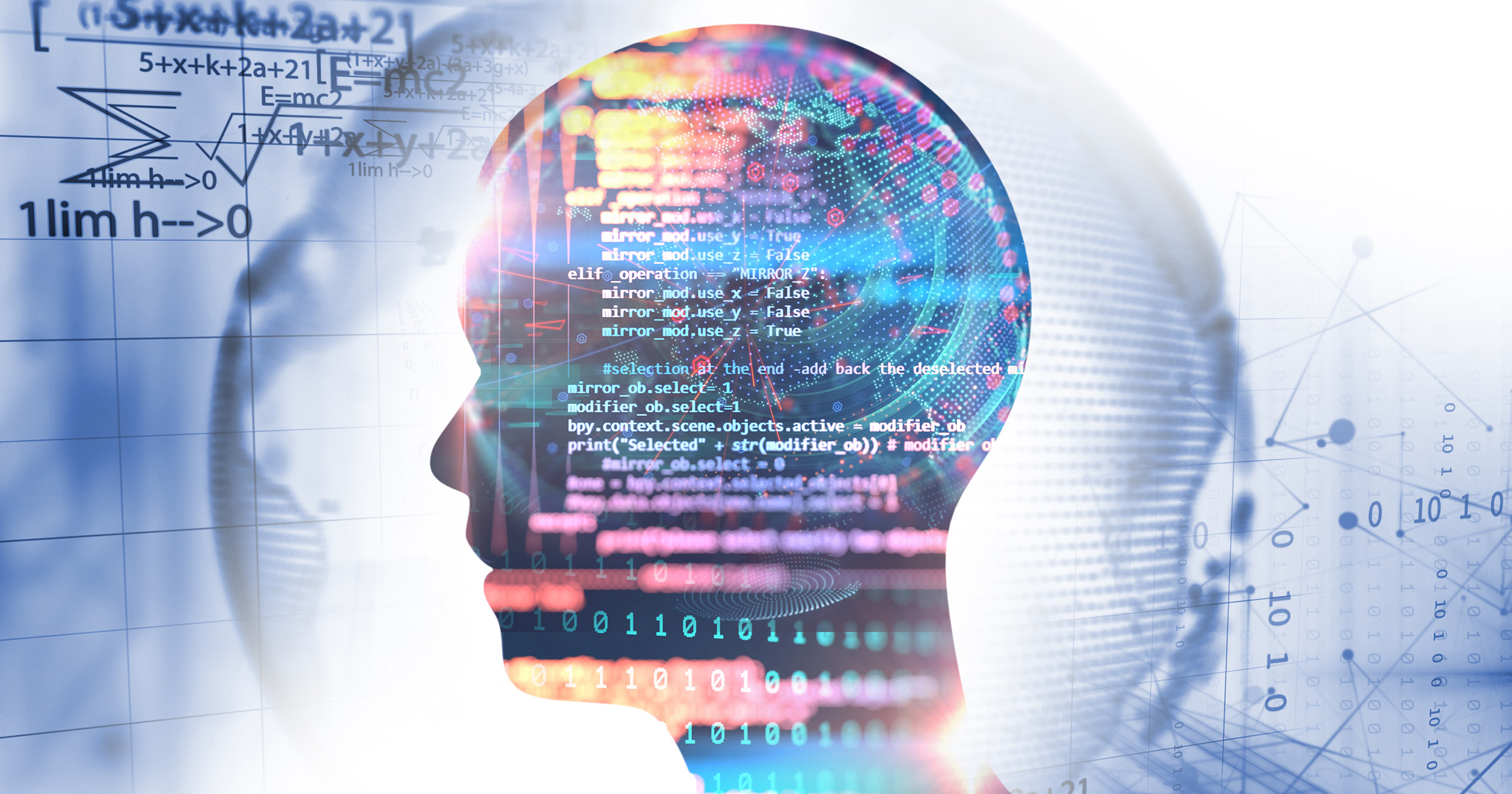Disclaimer: Opinions expressed below belong solely to the author.
If we follow the history of every technological development mankind has ever created, two things are quite clear:
- Each time it displaced many people from existing professions, often erasing them entirely.
- It created new professions that typically required more sophisticated skills and improved both income and work standards for human employees.
For nearly the entire human existence, agriculture or, broadly, provision of food and other resources, had been the main economic activity, both providing the largest share of contemporary GDP and employment, until the industrial revolution flipped this order upside down.
Today, contributions of farming are economically negligible and the overall share of employment is 10 per cent or less in most developed countries.
Each time a major breakthrough happened, many people were worried about loss of livelihoods and some protested — often quite violently. And yet, I don’t see people demanding return to physical labour in the fields, after machines displaced entire societies from these jobs.
That’s why I don’t think there’s a major risk that the dawn of mass adoption of AI in modern workplaces should not change this pattern, and it’s far more likely that it is going to make our jobs easier instead of making us redundant.
But we have to adapt to it — as Microsoft’s annual “Work Trend Index” report, released last month, indicates.
More is more
The report, which is based on a survey of 31,000 people across 31 markets worldwide, coupled with internal analysis of trillions of Microsoft 365 productivity signals, along with labour trends from the LinkedIn Economic Graph, suggests that extracting more value out of the workforce trumps staffing reductions as an expectation for artificial intelligence.

Not only is productivity mentioned by twice as many respondents but every subsequent response was somehow related to improving standards in the workplace, either by making it more efficient or increasing employee well-being.
Of course, a sceptical observer will point out that this could be explained by two things:
- Human respondents are keenly aware that no office job is safe and so they are more likely to emphasise the positive impact AI can have on human efficiency rather than complete replacement of people (which could one day mean themselves).
- In its current state, AI solutions that can be used in most office environments are not advanced enough to provide perfect answers or to create any desired outcome without human help.
However, even if AI will one day become so sophisticated as to be able to do everything humans do at least as well as us (and often better), the question remains — what for?
After all, it takes humans to set the direction for every company — and each of them produces goods and delivers services to other human beings, not sophisticated computers.
Artificial intelligence doesn’t have an underlying reason for existence other than service to humans. It will only do what we tell it to. Similarly, for all its seemingly endless capabilities, it will never know what it is to be human.
Which is why human employees will have to hone some of their skills to make the most of their new relationship with artificial assistants — and here are the most important ones according to Microsoft:

- Flexibility: rapidly adjust to AI’s integration in the workflow
- Emotional intelligence: determine when to leverage a human capability instead of an AI capability
- Analytical judgement: determine when to leverage an AI capability instead of a human capability
- Creative evaluation: evaluate content produced by AI
- Intellectual curiosity: ask AI the right questions
- Bias detection and handling: evaluate AI fairness in decision-making
- AI delegation (prompts): direct AI with the right prompts
The requirement of greater flexibility is both fundamental and the most taxing of all.
Our workplaces have already become very dynamic, with fewer people than before enjoying lifetime careers in a single company. Hopping between jobs is a norm, but now, millions of people will be placed under pressure to quickly adapt to rapidly evolving features of AI tools even within their positions.
During the last year alone, there has hardly been a month or even a week without some new development in the area and as these services leave the domain of geeks playing with them for fun and become a part of regular jobs, those who are able to keep up with the pace of this revolution will rise above the rest.
Those who are struggling may, indeed, find themselves redundant.
Everything else on this list is just a different facet of understanding of and competence in using AI to our advantage — and it’s most likely that those who are the most flexible will also perform well in every other area.
What to ask, how to ask, whether to engage AI at all, coupled with creative control over the output and measuring it against company goals, all require curiosity and self-motivation to keep abreast of the changes and mastering them as quickly as possible.
Paradoxically, then, AI places greater requirements on humans, before it can actually help us.
In the modern office it is going to transform more from doers to thinkers, leaders, goal-setters.
Execution of any task may soon become near-instantaneous — humans will be evaluated on the idea and results it produces for the business. Hiding behind daily grind and pretending to work will no longer be an option, since there soon might be no grind left in the office.
AI revolution will hurt slackers and elevate the most creative individuals, since — given that all companies will have access to the same powerful tools — the difference in performance will be down to how well humans in charge direct them.
Featured Image: monsit / depositphotos








